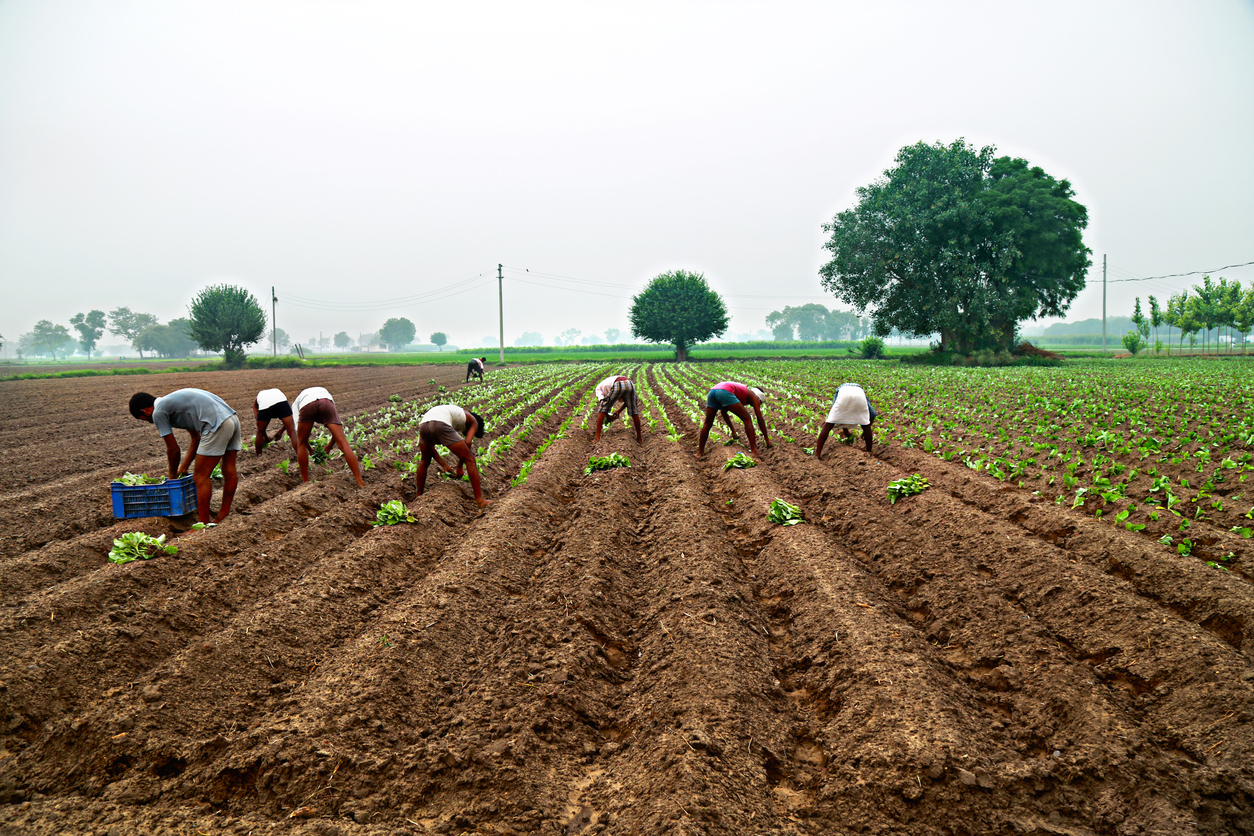
August 12, 2024
The field crops include cereals, millets, forage crops, oilseeds, pulses, sugarcane, cotton, and fibre crops, while the horticultural varieties span fruits, vegetables, plantation crops, tubers, spices, flowers, and medicinal plants
Among the new varieties, CR Dhan 416 is a rice variety designed for coastal saline areas and offers moderate resistance to several diseases and pests and produces 48.97 quintals per hectare
A new durum wheat variety, suitable for Maharashtra, Karnataka, and Tamil Nadu, features higher zinc and iron content, heat tolerance, and resistance to rusts, yielding 30.2 quintals per hectare
In addition to these, 40 new horticultural crops and several other field crops, pulses, oilseeds, and forage crops were introduced

Prime Minister Narendra Modi introduced 109 high-yielding, climate-resilient, and biofortified seed varieties, aimed at boosting agricultural productivity and enhancing farmers’ incomes. These seeds, developed by the Indian Council of Agricultural Research (ICAR) and state agriculture universities, encompass 61 different crops, including 34 field crops and 27 horticultural varieties.
The new field crop varieties include cereals, millets, oilseeds, pulses, sugarcane, cotton, and fibre crops. Horticultural seeds cover various fruits, vegetables, plantation crops, tubers, spices, flowers, and medicinal plants. One notable introduction is the CR Dhan 416 rice variety, specifically designed for coastal saline regions. It boasts moderate resistance to diseases and pests and yields 48.97 quintals per hectare.
Modi also unveiled a durum wheat variety well-suited for Maharashtra, Karnataka, and Tamil Nadu. This variety is biofortified with higher zinc and iron content, heat tolerant, and resistant to rust, delivering an average yield of 30.2 quintals per hectare.
Further, new varieties of barley, maize, sorghum, pearl millet, finger millet, and several pulses were released alongside 40 new horticultural crops. These innovations are expected to thrive in diverse climatic conditions, providing resilience and nutritional value to Indian agriculture.
Source: Mint